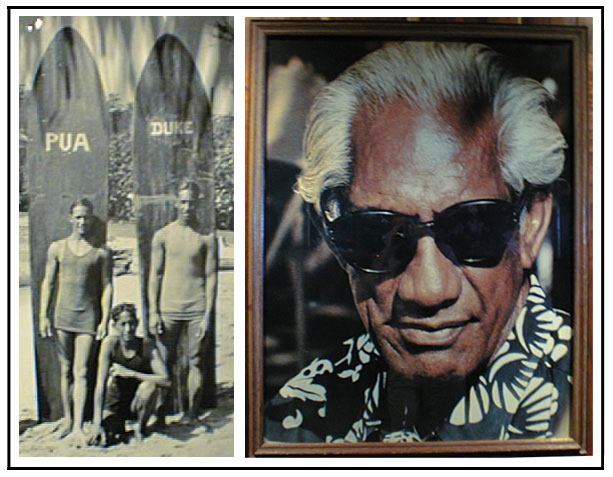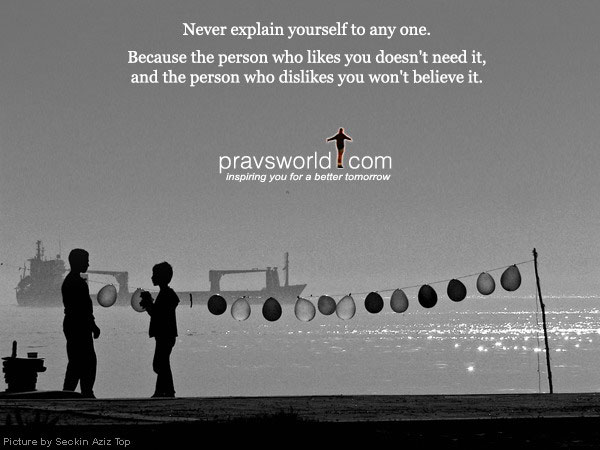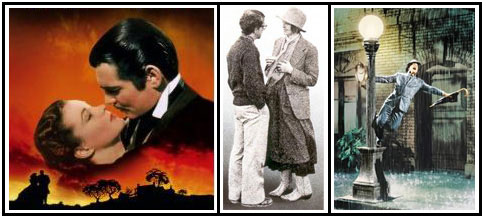Love Down "Nothing can be unconditional; consequently nothing can be free." ― George Bernard Shaw Affectionate love is the type love we feel for our parents, our brothers and sisters and those close to us in our daily lives. The Greek words storge (family love) and philia (brotherly love) are ancient sources of affectionate love which can be found in the interpersonal love order “Love your neighbor as yourself”. Love
Yourself Life is a long journey of discovery, wherein each person must meet and love themselves, overcome their own fears, and learn the truth about loving. It is a process of discovering, and then perfecting our souls' innate, God-given beauty and ability to love. This may be easy for some, a challenging for most of us. In ‘Religion – The Divine Within’ the
fundamental aspect of self-love was disclosed: to acknowledge the spark of the divine within us. That
self-love is not selfishness, but an awareness of our individual ‘divine spark’. Self-love is about
maintaining the ‘trinity’: the physical, the mental/emotional and the spiritual. Love Your
Neighbor The time-honored Golden Rule and its complement, the Silver Rule, have been passed down over the centuries: • Golden Rule: “One should treat others
as one would like others to treat oneself”. “In Hawai'i we greet friends, loved ones or stranger, with Aloha, which means with love. Aloha is the key word to the universal spirit of real hospitality, which make Hawai'i renowned as the world's center of understanding and fellowship. Try meeting or leaving people with Aloha. You'll be surprised by their reaction. I believe it and it is my creed. Aloha to you.” Duke's Creed - Duke Paoa Kahanamoku "The ultimate
obscenity is not caring, not doing something about what you feel, not feeling! Just drawing back and drawing in;
becoming narcissistic." In regards to Brotherly Love, Duke hit it on the mark and out of the park. Few have better interpreted and conveyed the spirit of brotherly love as the legendary Duke Kahanamoku. Aloha - what a beautiful word to encapsulate the spirit of brotherly love. Friendships fall into three basic types: Utility, Pleasure and Virtue. • Utility – often found in business relationships or relationships motivated by a common purpose or goal usually related to personal gain. In such relationships, ‘friends’ often call each other colleagues, partners, teammates, associates, collaborators, coworkers, affiliates, and sometimes acquaintances. Communication involves buying and selling things, or exchanging ideas and teaming up to make money. This is not a bad thing, but as soon as that motivation is gone, so goes the relationship between two people unless another motivation is found. Complaints and quarrels generally only arise in this type of friendship. • Pleasure – based on pure delight in the company of other people. People who socialize together, share a hobby or an interest in a sport may have such friendships. However, these friends may also part—in this case if they no longer enjoy the shared activity, or can no longer participate in it together. • Virtue – friendships where individuals enjoy each other’s character. As long as both friends keep similar characters, the relationship will endure since the motive behind it is caring for each other. This is the highest level of philia - true friendship, sometimes friendship of a lifetime. “A successful marriage requires falling in love many times, always with the same person.” Mignon McLaughlin, Vogue Magazine "I love you not only for what you are, but for what I am when I am with you." 'Love', Roy Croft “When love comes to town I'm gonna jump that train. When love comes to town I'm gonna catch that flame. Maybe I was wrong to ever let you down. But I did what I did before love came to town” 'When Love Comes to Town', U2 & B.B. King “One is not born a woman, one becomes one.” Simone de Beauvoir, Social Theorist “Hell is other people” Jean-Paul Sartre, Existentialist Philosopher (partner to Simone de Beauvoir) The Movie Mirror Romantic Love can be viewed as a long running
theatrical play in the course of human affairs. Key themes in our romantic lives are often reflected in
romantic films: drama, comedy and the musical (song & dance). Like
the movies, romance can have a fairy tale quality to them where fantasy gives it a magical quality (‘Knight
on the White Horse’). There are other sub-themes in romantic movies, like action and adventure, mystery
and suspense or the ‘melancholy’, but those, for the most part, are simply for entertainment (contrived at
best, superficial at worst). Hopefully our romantic lives are not tragic, but unfortunately that drama
often cannot be excluded. Looking at that positively, a miraculous outcome can come out of a dark
drama, where the unexpected happy ending is the rebirth in a couple’s relationship or even a renewed faith in
life. Shipwrecked by the seas of sadness, one's self-love takes pride in not giving up and rejoices in
finding its life raft of rescue: “in my weakness, lies my strength.” Bungle in the
Jungle “With all the improvements that resulted from the efforts of Ms. Wollstonecraft and et al (ie, college, vote, have sex for pleasure, do interesting work), contemporary women must wonder if the balance of power shift isn’t a complete solution to the problem of human misery. The so-called natural world is mainly ordered around the notion that you have to be a bit tough and cunning if you want to breed. There are bribes, lies, fights and pay-offs everywhere. Girl birds go out with boy birds because they have good nests. Humans are unique animals in that we develop all sort of sophisticated ways in which to overcome the limits of nature—we fly food around the world so we can eat strawberries any time, freeze our eggs, cut bits off and add bits on, and pull all sorts of tricks in order to live—and mate—for bloody ages.” Love’s Forest
If Love’s Law I and Law II are born from Love’s Garden, then Romantic Love reigns from Love’s Forest – an ancient forest full of beautiful and exotic creatures, pleasures and passions, delights and dangers. The bold achievement of humanity’s healthy heart binds all the ‘Loves’: Divine love (love up); love of oneself, brotherly love and romantic love (love down). The uncompromising empiricist can’t explain the torrential passion between young lovers or a child’s fierce and inarticulate longing for his parents or a mother’s unshakable devotion to her child. The heart of love’s forest has its “reasons where of Reason knows nothing”. In a forest where blind babies know how to smile and reptiles do not. The Golden Seat’s ‘Frame of Mind’ is spiritual – a quest for spiritual discovery. One of the spiritual principles is that true human self-hood is divine. And that its goal is to harmonize the two great movements in the Religious/Philosophical realm: Ascend: Matter to Spirit. The Many
to One. Transcendent. The path of
wisdom. From the Good Book, we find a glimpse of Love’s
Forest: Man: "As the lily among thorns, so is my love among the daughters." Woman: "As the apple tree among the trees of the wood, so is my beloved among the sons. I sat down under his shadow with great delight, and his fruit was sweet to my taste." (Song of Solomon 2:2,3) So we come full circle where the ‘trinity’ of love finds unity – Divine Love (Mother-Spiritual), Self & Brotherly Love (Father-Mental) and Romantic Love (Son-Flesh). Where Love’s transcendent Garden embraces Love’s immanence Forest with wisdom and compassionate grace. Love of God (Love Up), Love of Man (Love Down). Journey of the Soul (Book 4 – Soul’s Perfection) concludes on the nature of love: “Very few of you in physical life know what true love is. It is because on your plane of exitence, it really is almost impossible (infatuation is the closest feeling). Because you get a brief glimpse of this with a partner of friendship, you are constantly looking for the next “fix”. The older you get and the more rubbed down you are from life, the less it comes. Something must replace it. Some deep inner peace and security that you are finishing out your time, and you will go Home.” “Every single one of you are individually
alone, making your way in a path to get back where you came from. You may select partners and companions
along the way. Because of your physical body and because you cannot merge, it puts every single one of you
into a state of isolation.” z
|




